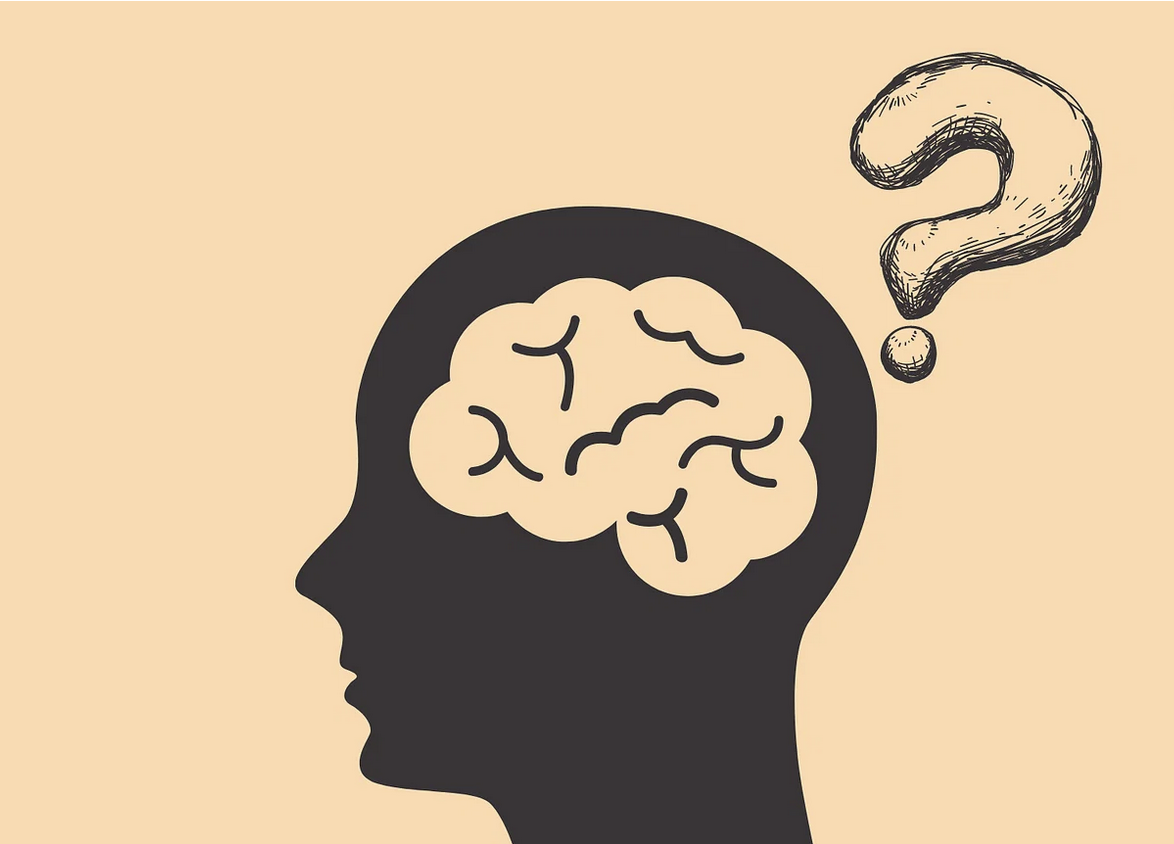
How to boost your brain power this Spring!
Can’t remember why you came into a room? Brain feels like cotton wool? Do you forget what you were talking about mid-sentance or can’t remember colleague’s names? These are all common and often alarming symptoms when we seriously worry that we’re getting early onset dementia. But there are reasons for it. Oestrogen is stimulating to the brain and helps with cognition and memory so dips at perimenopause can cause a reduction in brain energy. As our body gets used to lower levels of oestrogen and progesterone (remember we still produce both post menopause from our adrenals and other peripheral tissues), we need to focus our attention on feeding our brains.
There are clear links between what we eat and how our brain functions, so here are some of my key therapuetic foods to eat in abundance:
- Our brains are made up of 60 per cent fat, so eat oily fish at least two or three times a week. Opt for small fish such as mackerel, trout or salmon to minimize mercury. Plus nuts (interesting how walnuts look like the brain!), seeds and linseed oil.
- Phytoestrogens can help, which have been shown in studies to improve memory. They are not oestrogen but have a milk oestrogneic effect on the body. From tofu, tempeh, soya, linseed, nuts, apples, fennel, celery, parsley, alfalfa, pulses, beans, lentils, peas, chickpeas, green vegetables, carrots, red peppers, broccoli and cabbage, sage and red clover.
- Phosphatidylcholine is good for the memory neurotransmitter acetylcholine, and phosphatidylserine helps brain-cell communication. Both are found in egg yolk, tofu, oily fish, beef, sardines and fatty cheese.
- Phenylalanine converts to tyrosine for alertness, attention and focus: eat pumpkin seeds, Parmesan, soya beans, lean beef, chicken, salmon, mackerel, cod, eggs, pinto beans.
- B vitamins…or memory vitamins: found in eggs, cereals, brown rice, fish, chicken, asparagus and dark-green vegetables.
- Amino acids, especially tryptophan and glutamine, which is the precursor of GABA, a calming neurotransmitter: all these are found in lean meat, poultry, nuts, seeds and avocado.
- L-theanine is an amino acid found in green tea (opt for decaf) that is traditionally used to enhance relaxation and improve concentration.
- Vitamin C is a needed for good circulation and is a powerful antioxidant that helps fight off the free radicals that can damage brain cells. Plus vitamin C supports brain health as we age: get it in citrus fruits, parsley, greens.
- Antioxidants such as flavonoids to protect the brain: from artichoke, basil, berries, celery, citrus fruits, parsley and turmeric
- Eat rosemary for remembrance.
Then I recommend supporting our gut which is often referred to as our second brain. The easiest wat to do this it to aim for thirty-plus unique plants per week. If you don’t have many plants in your diet at the moment then increase them slowly as suddenly eating lots of plant based fibre can cause bloating! Cooked over raw is easier to digest too. These can include herbs, spices, fruit, vegetables, pulses, nuts, seeds and gluten free grains. Also be wary of how gluten affects your concentration. We are all individual, but gluten and dairy can have an opioid-like effect on the brain.
Brain boosting lifestyle hacks
- Keep hydrated – dehydration is linked to drops in memory and concentration.
- Buy the best food you can afford and take time to enjoy it.
- Channel food as love. Warm, grounding food to help take energy out of the head and into the digestive system – this is an Ayurvedic remedy. Eat protein-rich broths, warm salads over raw, curries and tagines.
- Keep moving to help circulation and blood flow to the brain.
- Be in nature more. Across multiple studies, researchers have found a fascinating link between being in nature and an improved mood and increased life satisfaction.
- Try brain games: ‘use it or lose it!’


